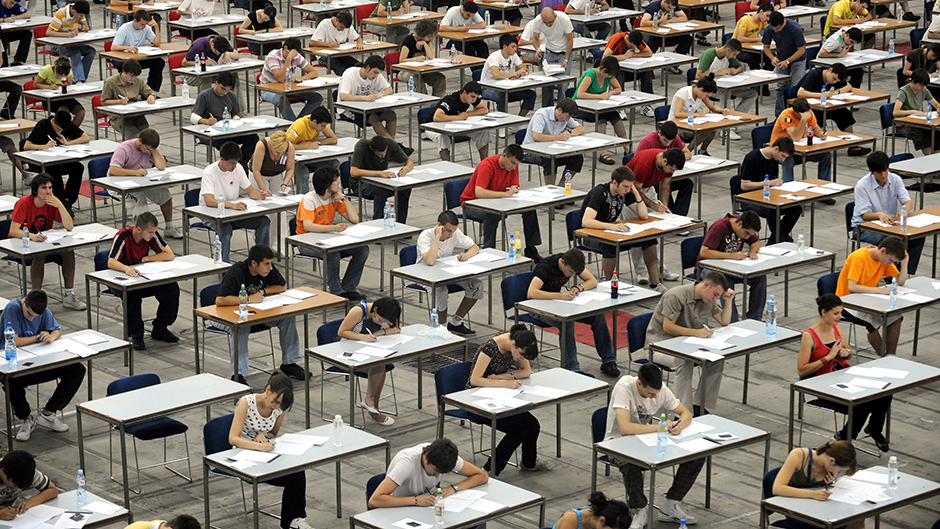CORAL GABLES, Fla. (April 7, 2020) – The deans of Florida’s twelve law schools asked the Florida Supreme Court today to address the issues surrounding the upcoming Florida Bar Exam in light of the COVID-19 pandemic with regard to the licensing of new attorneys in the state.
“I am very proud of all of my eleven fellow deans at Florida law schools,” said Miami Law’s Anthony E. Varona, Dean and M. Minnette Massey Professor of Law, who led the effort to draft and disseminate the collective document. “Our letter was the result of an extraordinary team effort and proposed extraordinary measures―all reflecting the extraordinary challenges faced by our graduating students, the legal profession as a whole, and the society that depends on us for legal services.”
“We look forward to assisting the Florida Supreme Court and the Board of Bar Examiners on mapping the path ahead,” he said.
The deans’ letter argues that the legal repercussions of the pandemic will undoubtedly increase demand for legal services in Florida, making the licensure of new lawyers a matter affecting the entire legal profession, not just recent graduates.
The main issues and recommendations in the letter:
The Florida deans recommend administration of the bar exam in July and September, giving examinees more opportunities to test and more flexibility to accommodate diverse circumstances. In addition, the deans recommend that the rules governing the sequencing of the exam be lifted so that examinees have the option to take either Part A or Part B, or both, during either testing session.
In order to ensure test-taker safety during the July and September administrations, the law school letter proposes that each Florida law school offer test venues within their campuses. This would cut down the number of test-takers at any given site and enable appropriate test-taker distancing.
The deans’ letter also addresses current Certified Legal Intern (CLI) rules. Under existing rules, Certified Legal Intern status is conferred during law school. The law deans recommend expansion of the CLI program to allow graduates of ABA-accredited institutions to apply for CLI status post-law school graduation, so long as they complete the Florida Bar’s typical character and fitness review. That status should continue for 24 months following certification, or after four administrations of the exam. The change would allow graduates with CLI status to work on all legal matters in the State of Florida so long as they are supervised by an attorney licensed to practice law and in good standing in the State of Florida.
Lastly, if the court is not amenable to expanding the CLI program, the law deans ask that the Court consider allowing members of the Class of 2020 who successfully complete a period of supervised practice to seek admission to the bar without sitting for the bar examination, especially should the bar examination not be administered by October 1 because of the continuing effects of COVID-19.

